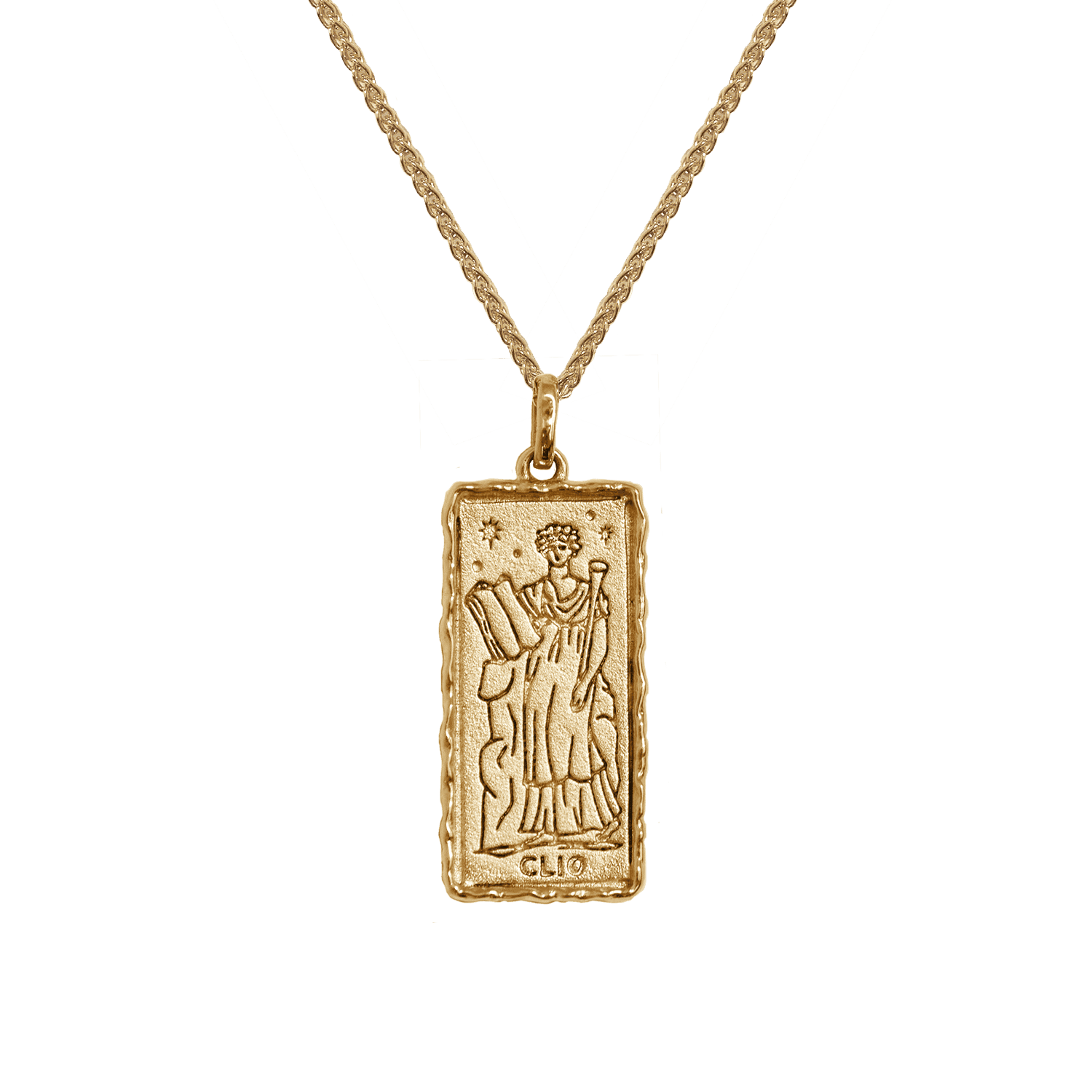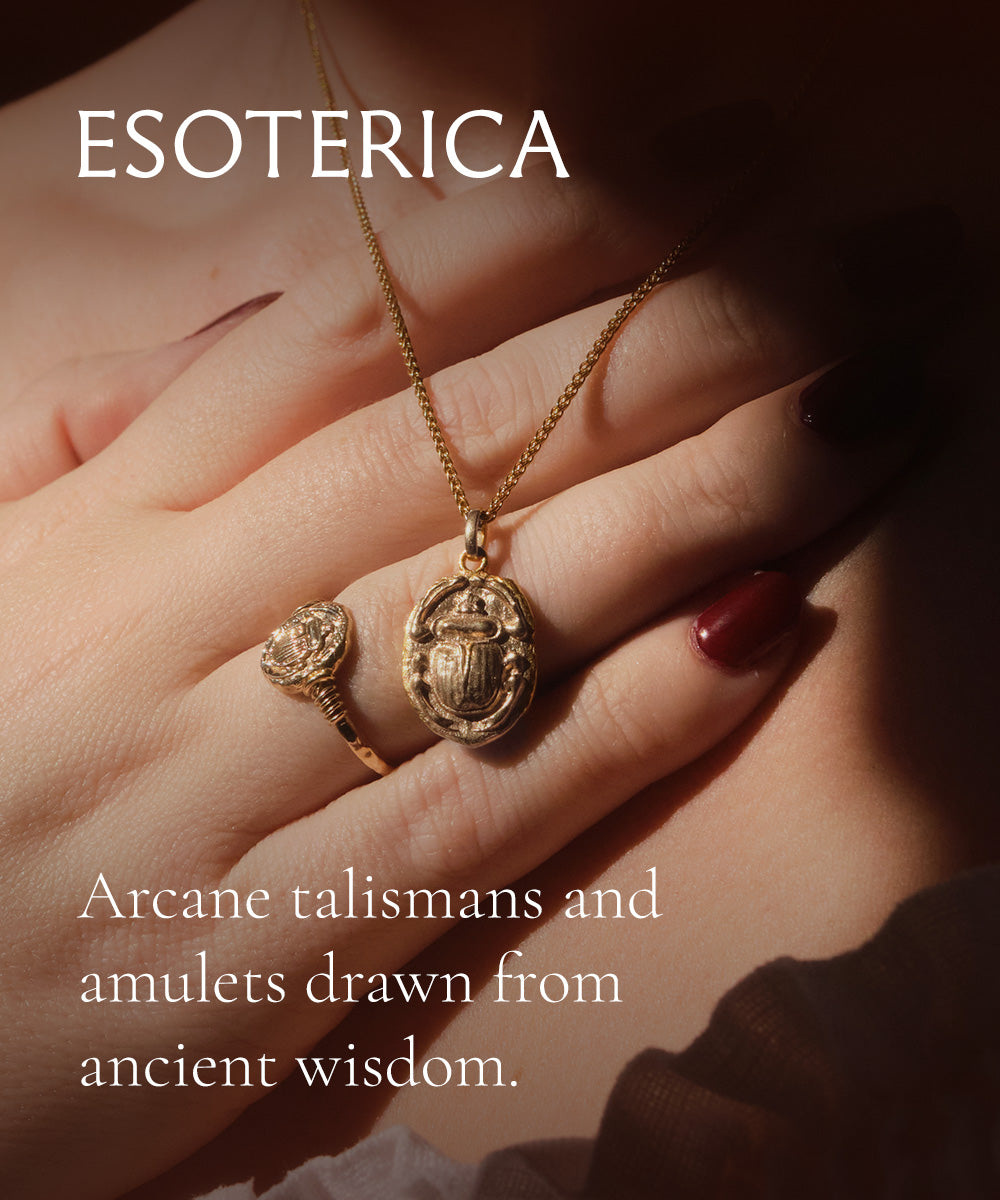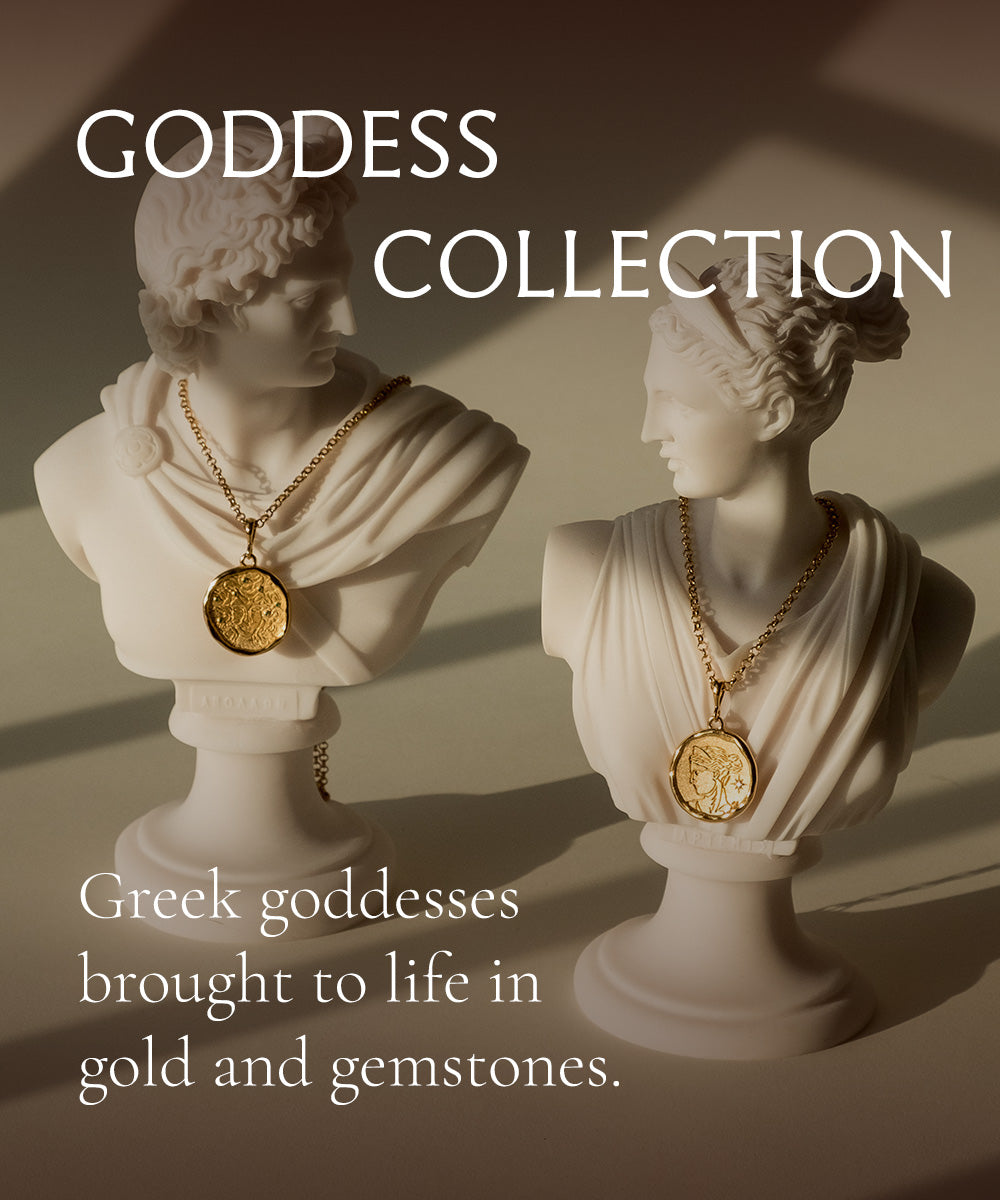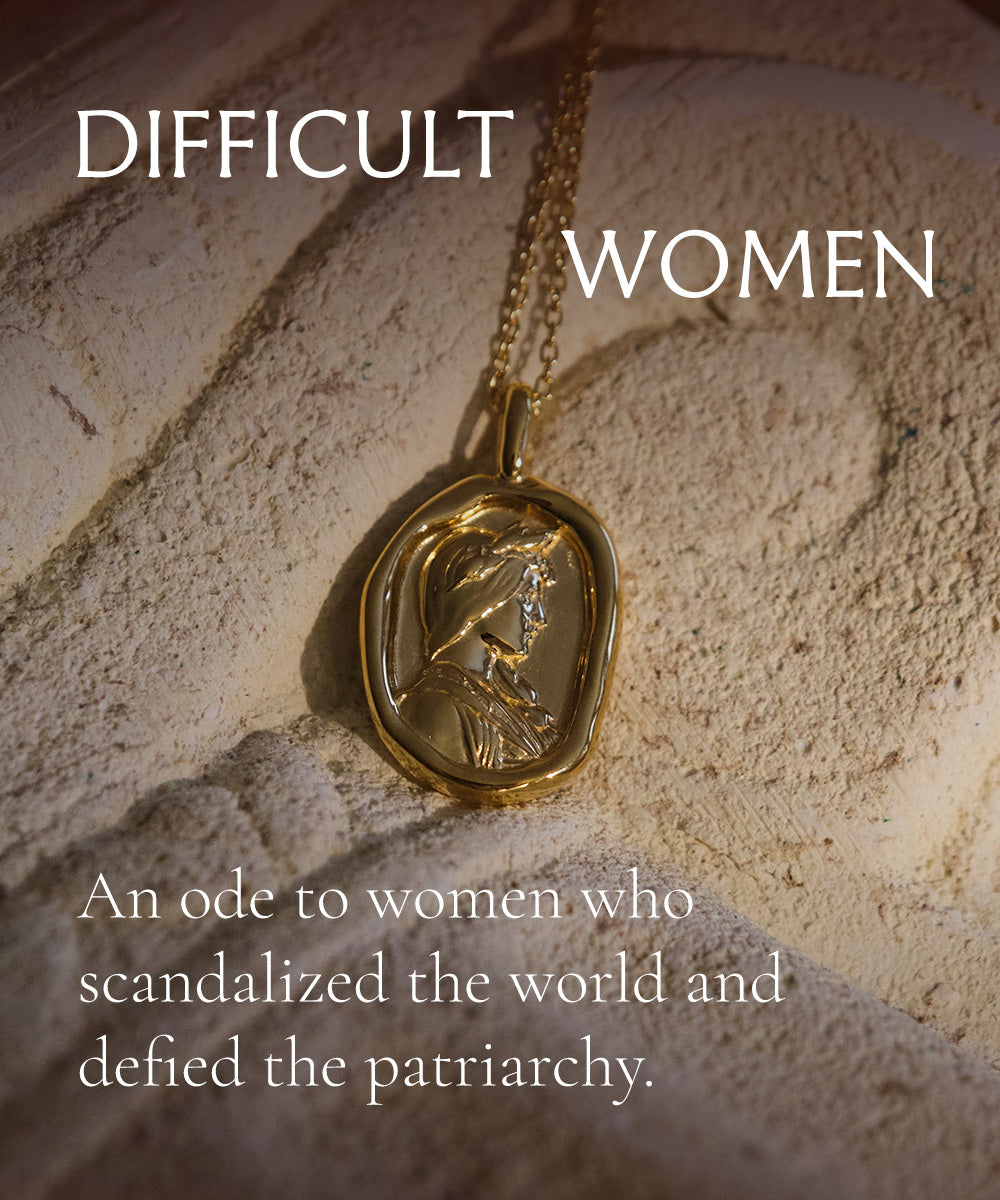It’s girls' night at the temple and we’re all performing rituals and offerings, remaining celibate from men, keeping the sacred flame of the hearth alive.
At the Temple of Vesta in the Roman Forum, this honorable work was rewarded with privilege: no need to marry for thirty years, property ownership and emancipation, pensions and legitimate wills, the power to grant immunity to the doomed. Echoes of these lives continue in ours. See the Vestal in girls who live in their own quarters, girls who earn their own keep, girls who pass a hand over the brow of those suffering and alleviate the existential dread, if even for a short while.
High born girls with names were folded into this convention in their early years, at six or seven, and taught to fill the space in their souls that belongs to the divine with Vesta (in Greek, Hestia) to keep the sacred fire alight. This flame was the very lifeblood of Roman divine protection, a sacrament that only the coldest omens could put out.
These few, pale women were the vast, mighty spiritual defense of the heart of the empire. In this way, their role highlighted the (often purposefully disregarded) significance of the role of women in building a functioning society. For all his qualities, man cannot step between the worlds in the way the Vestal, Oracular, or Artemisian priestesses would. She cups worldly things, man, stone, road, tree, hare, in one cool, grounding hand; the other, she lays in the lap of the very gods.
Of course, even the holiest cannot escape the injustice and wrath of man. The blood of a Vestal is holy, unspillable, so a condemned priestess was cast into a subterranean cell and left, or buried, skirting the burden of carrying out a death sentence on one who is beloved of Vesta. I do not think the gods to be so foolish as to interpret the word above the meaning, but emperors like Domitian served no gods save themselves, refusing to honor, uphold, and receive in part for themselves the transcendent otherworldly holiness of these women.
Still, she maintains the temple. She fetches water from the sacred spring. She prepares honey cakes and ritual offerings. She keeps the flame of faith alive in the hearts of Romans, connecting this world to the celestial, upholding the city on the great columns of her feminine virtue.









